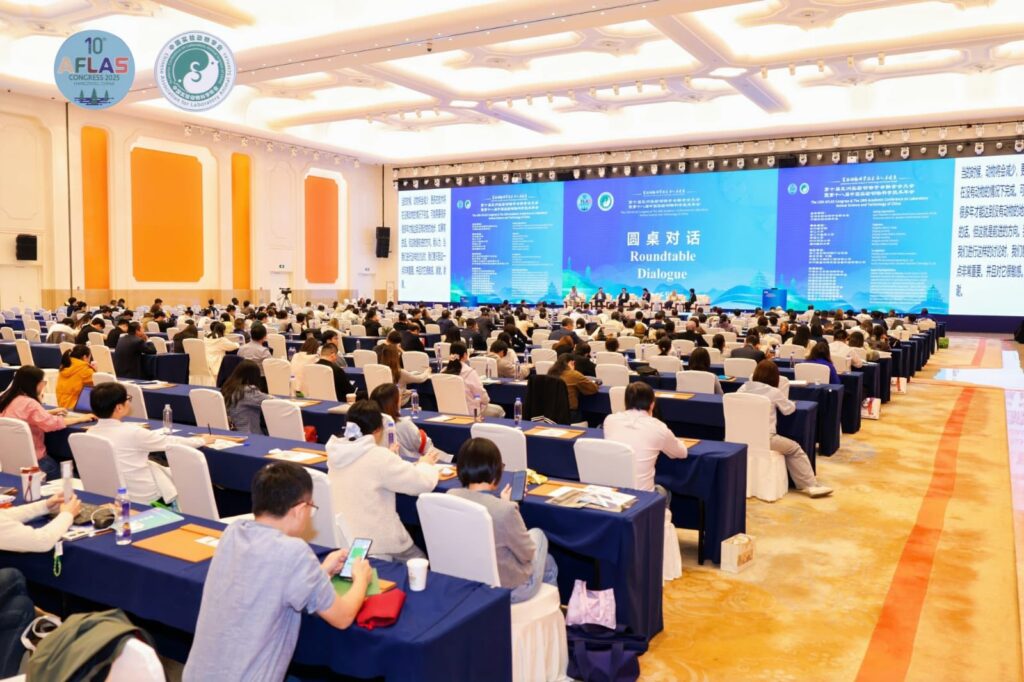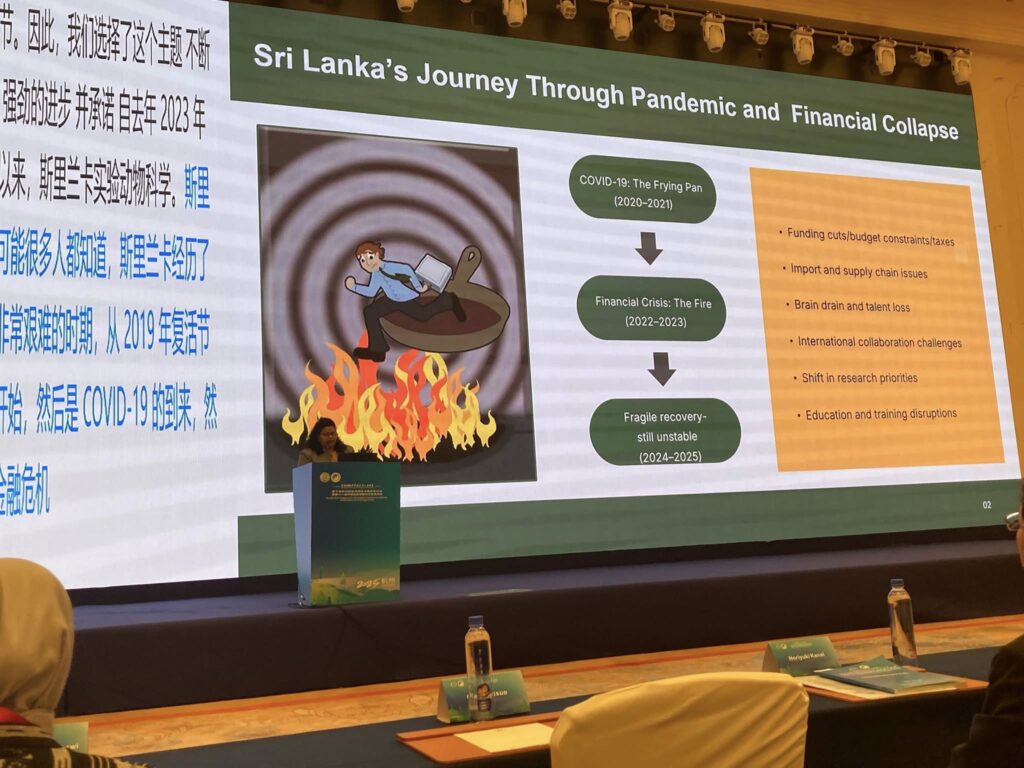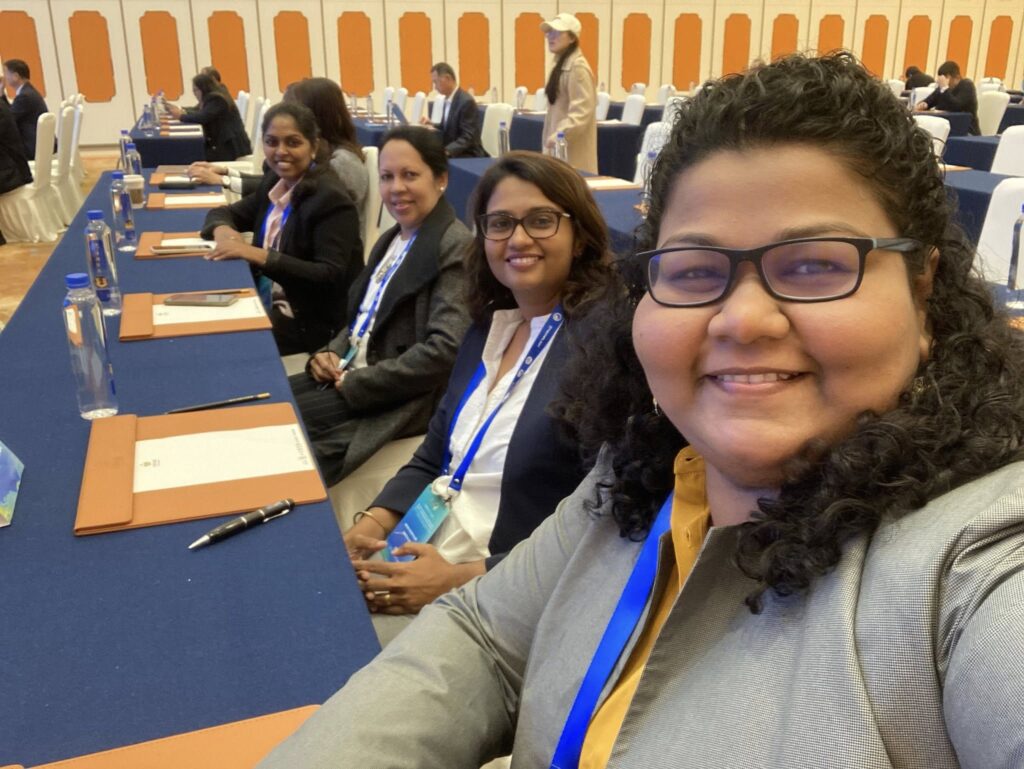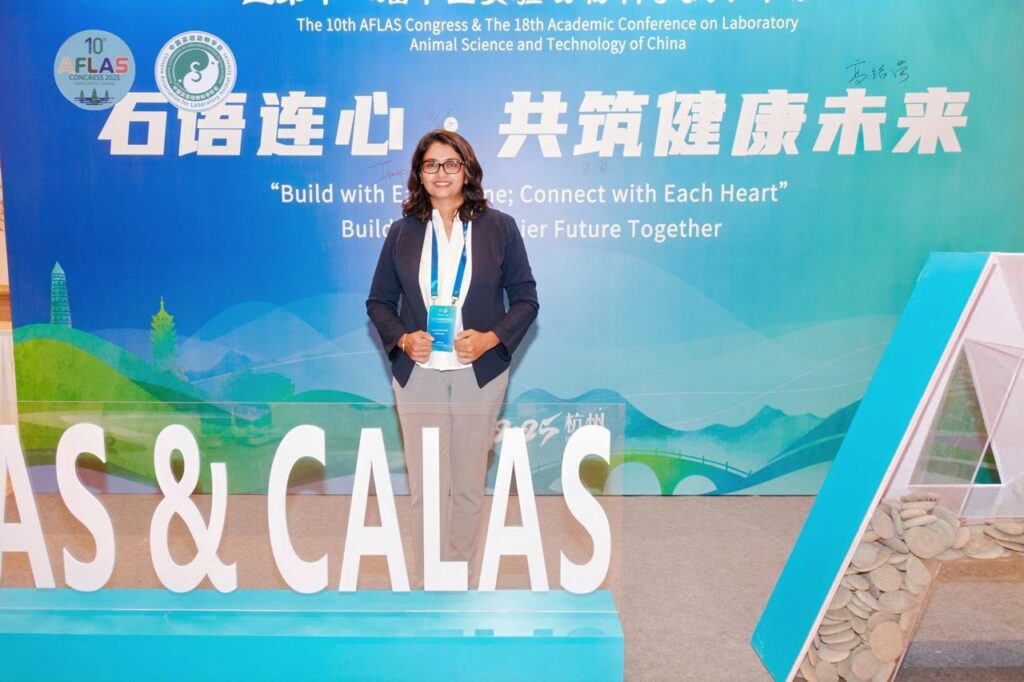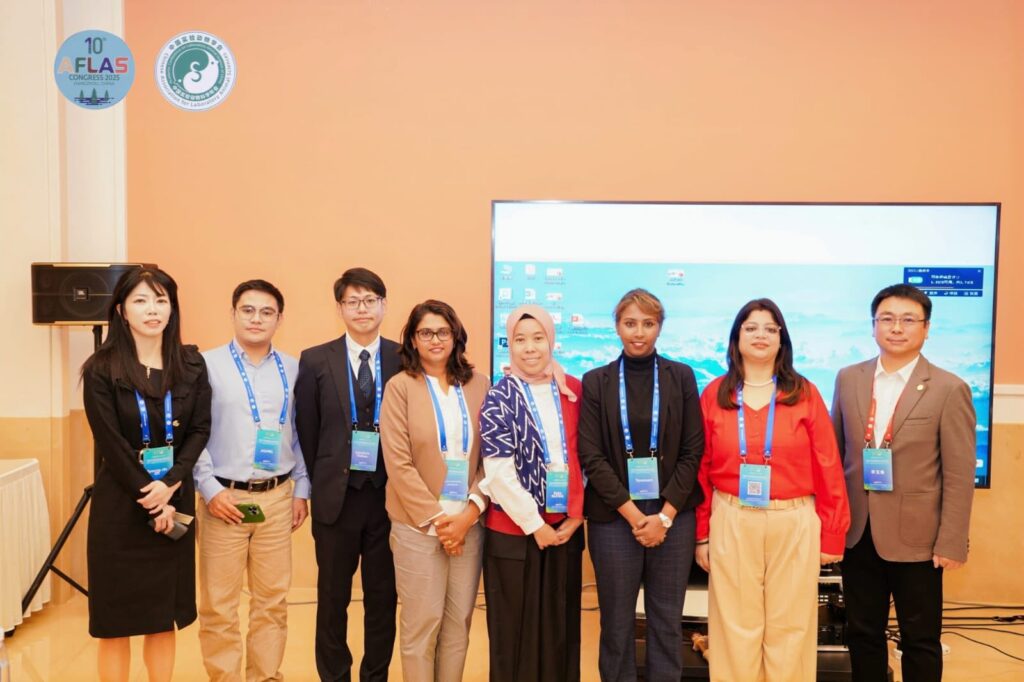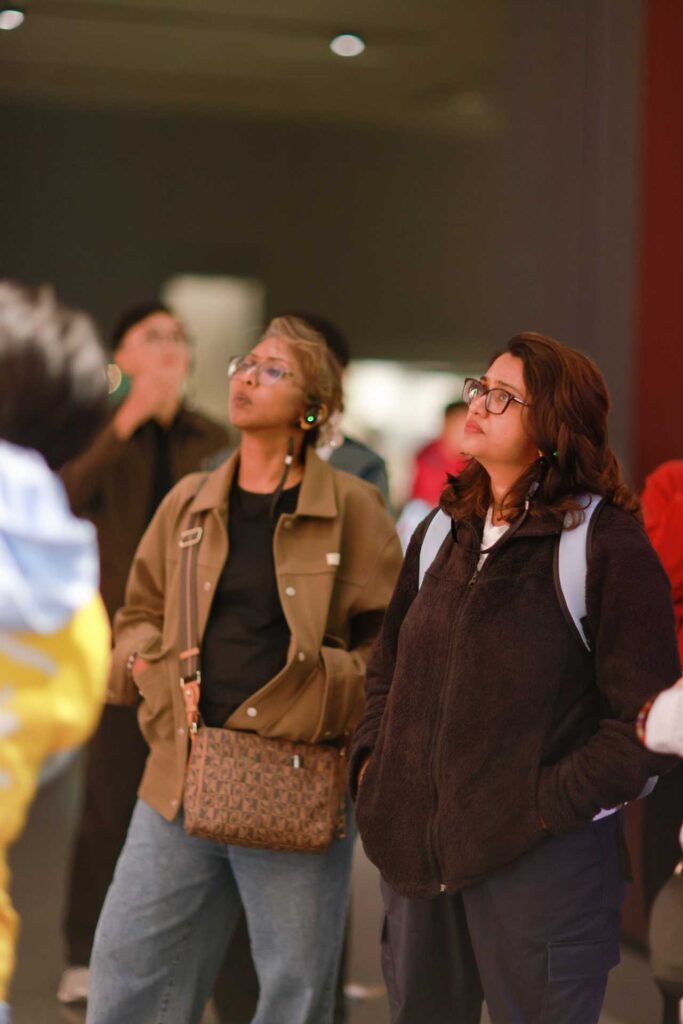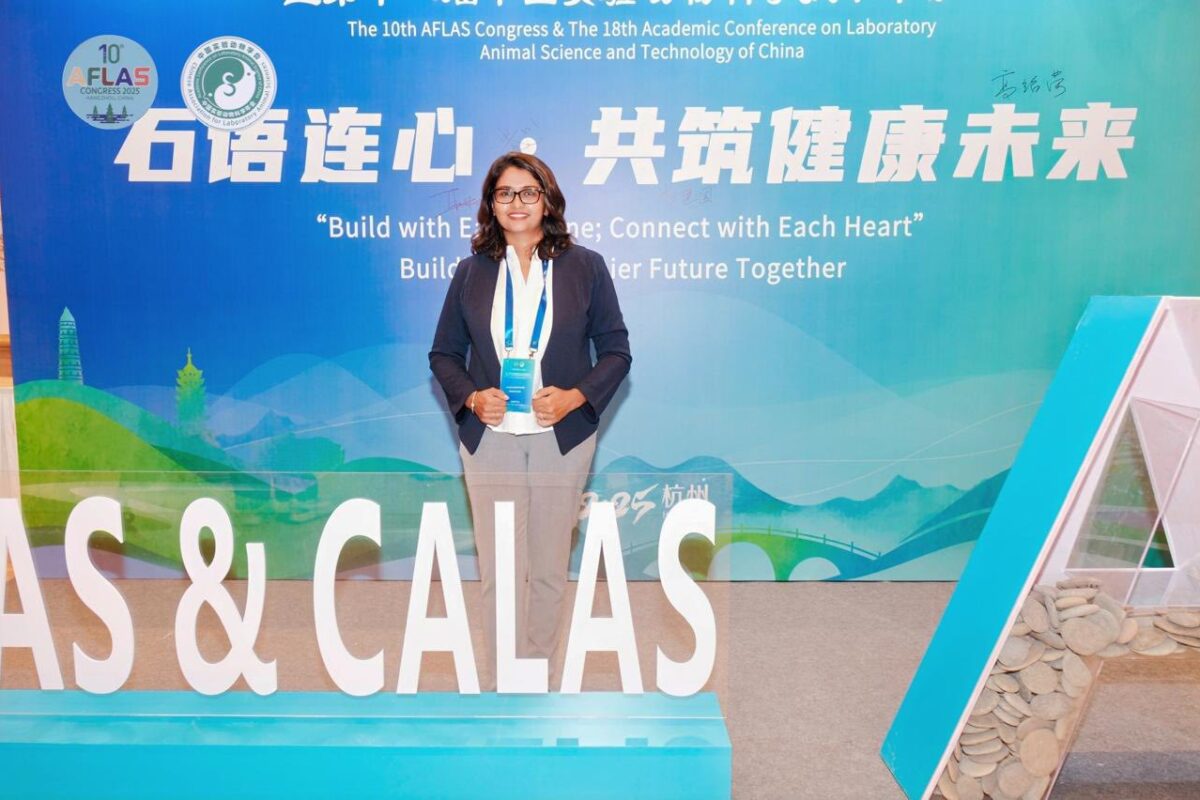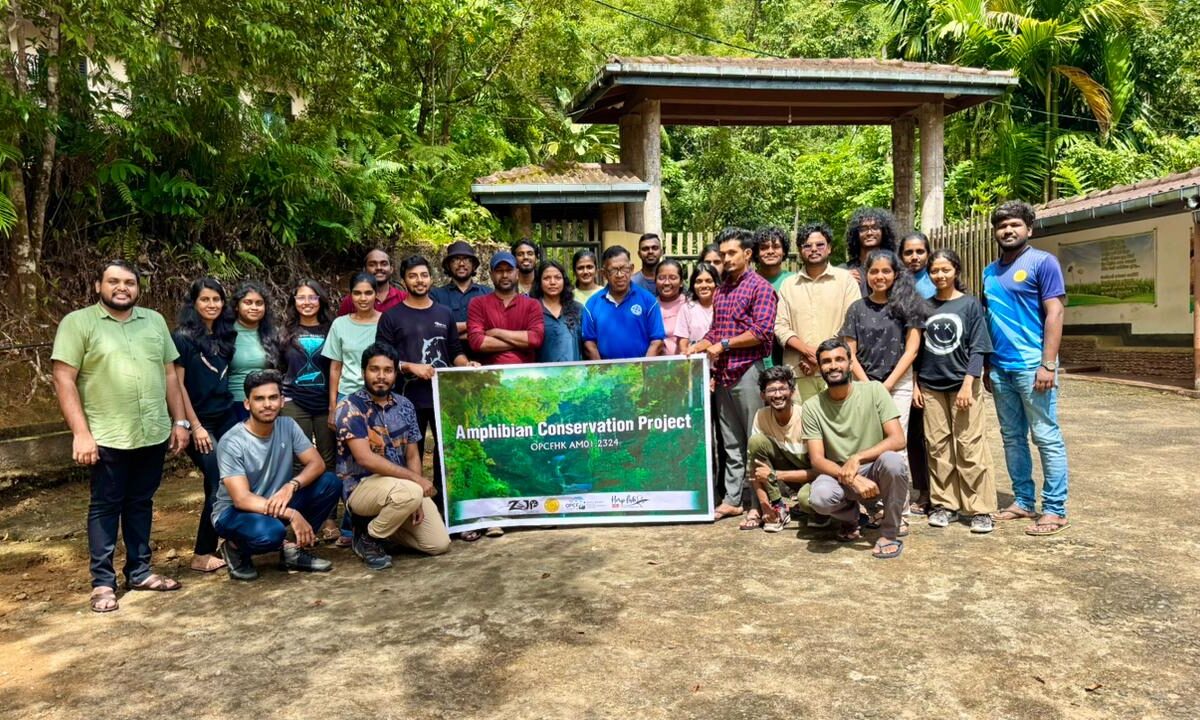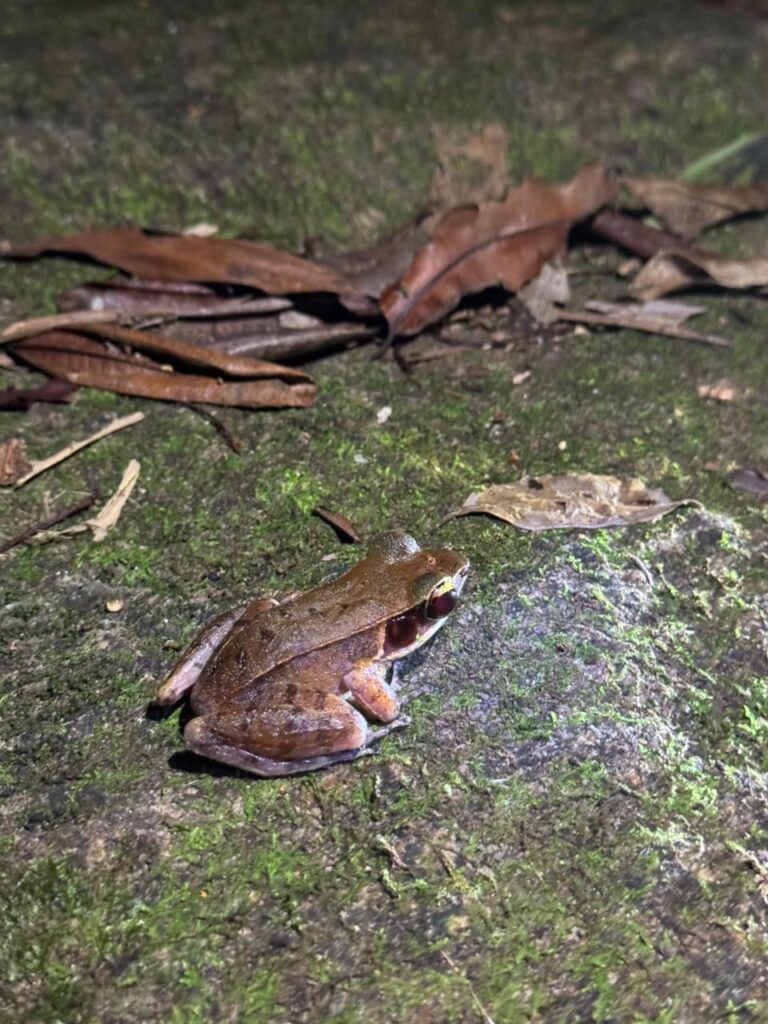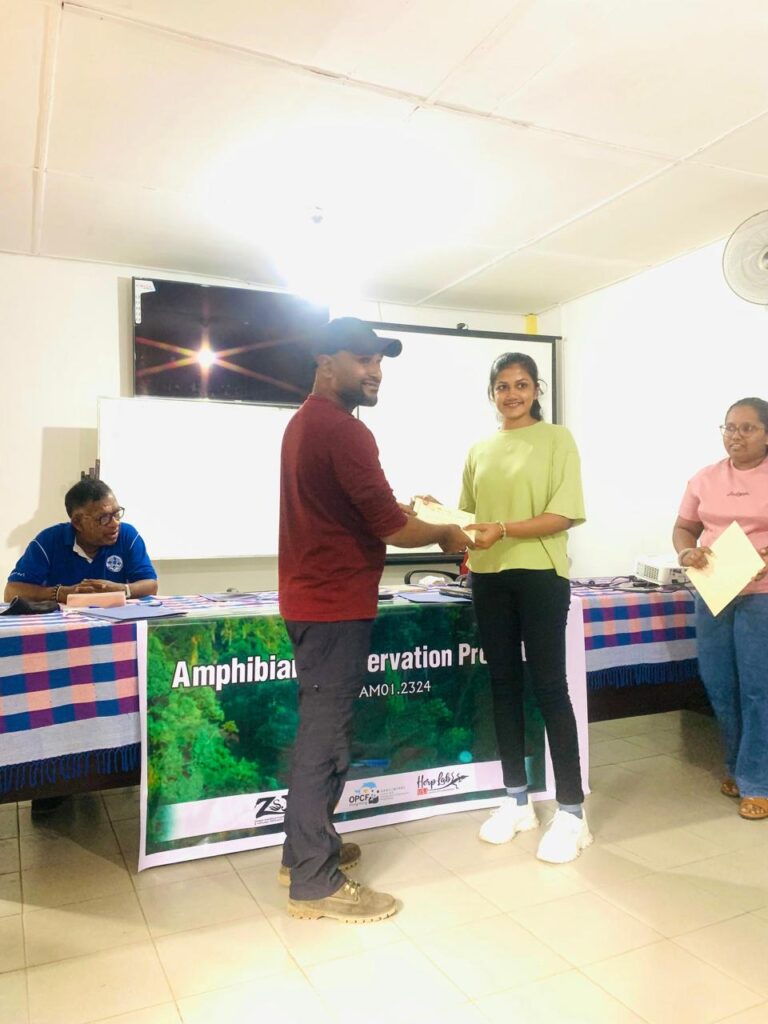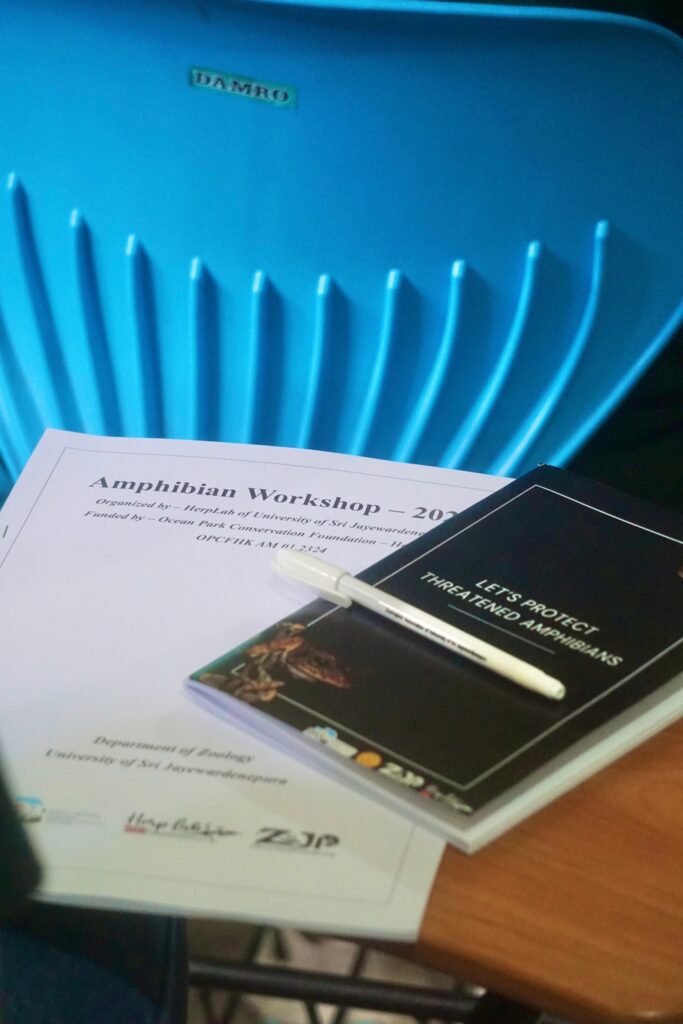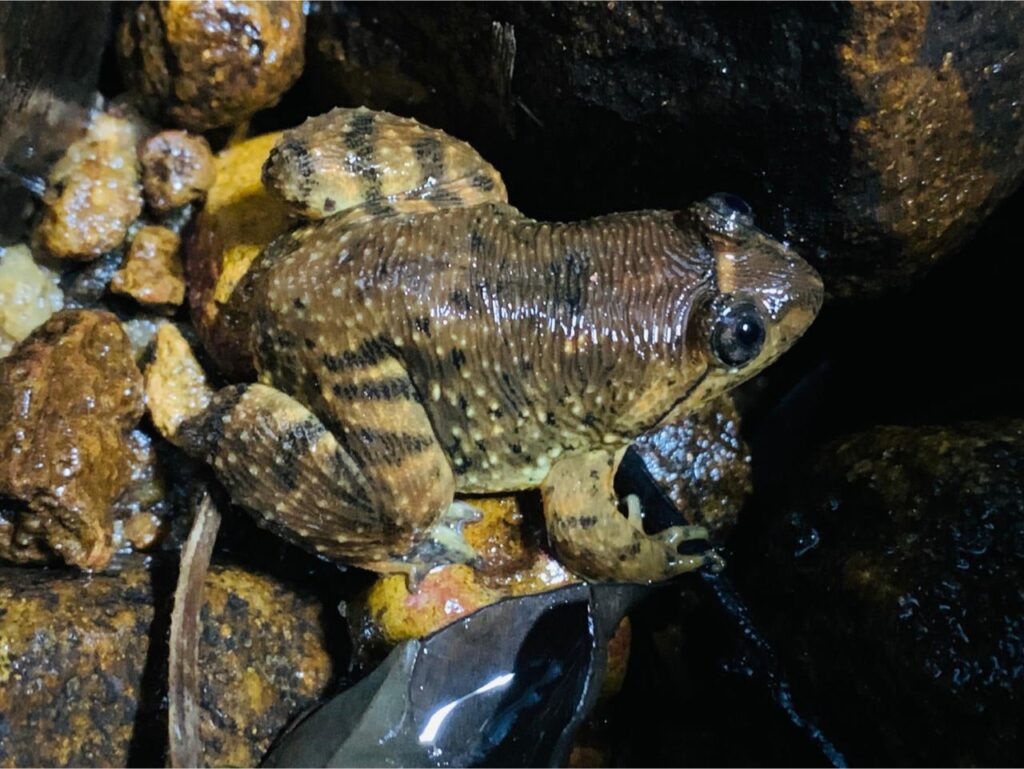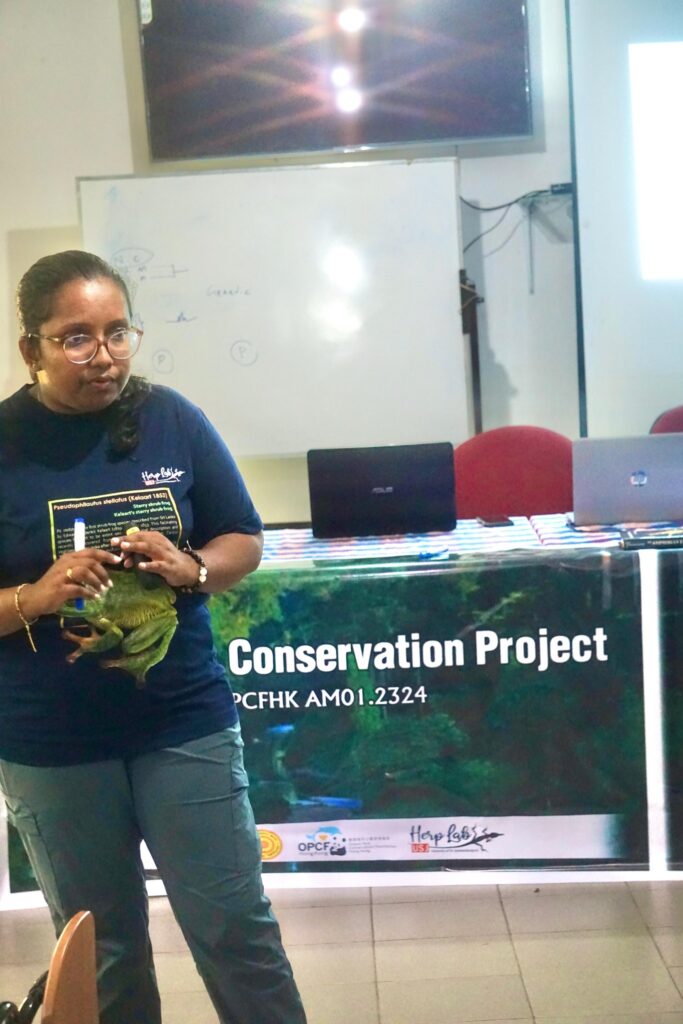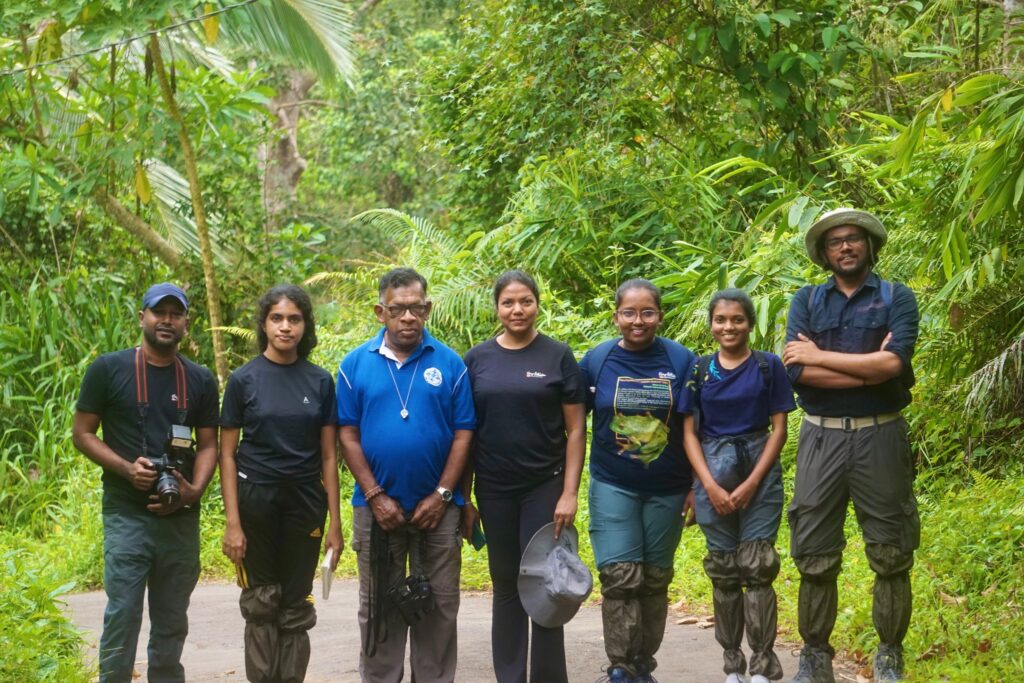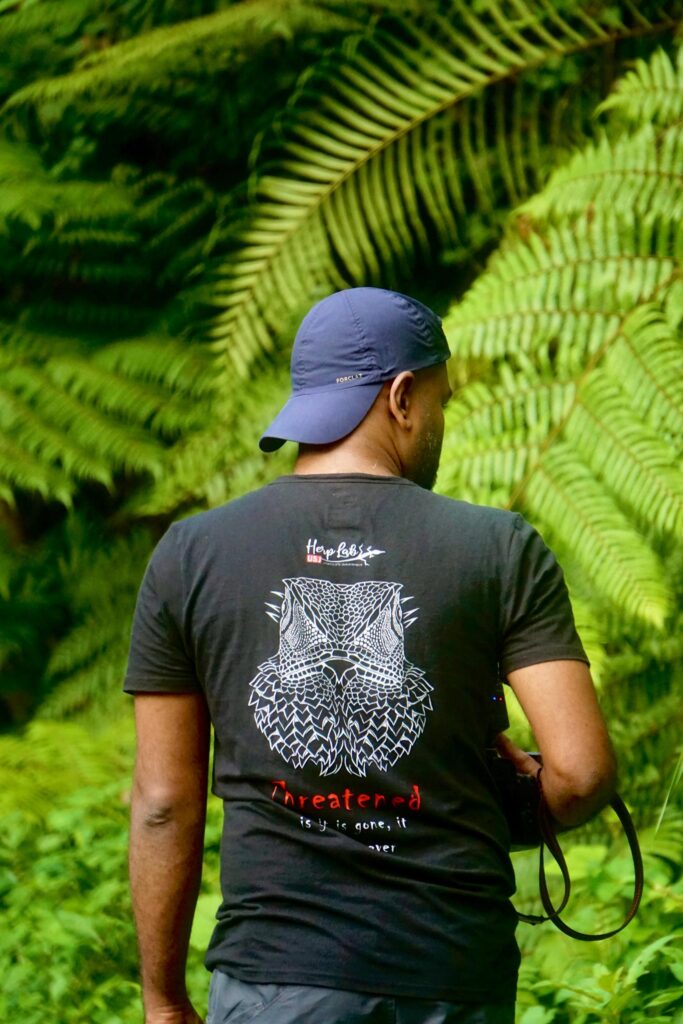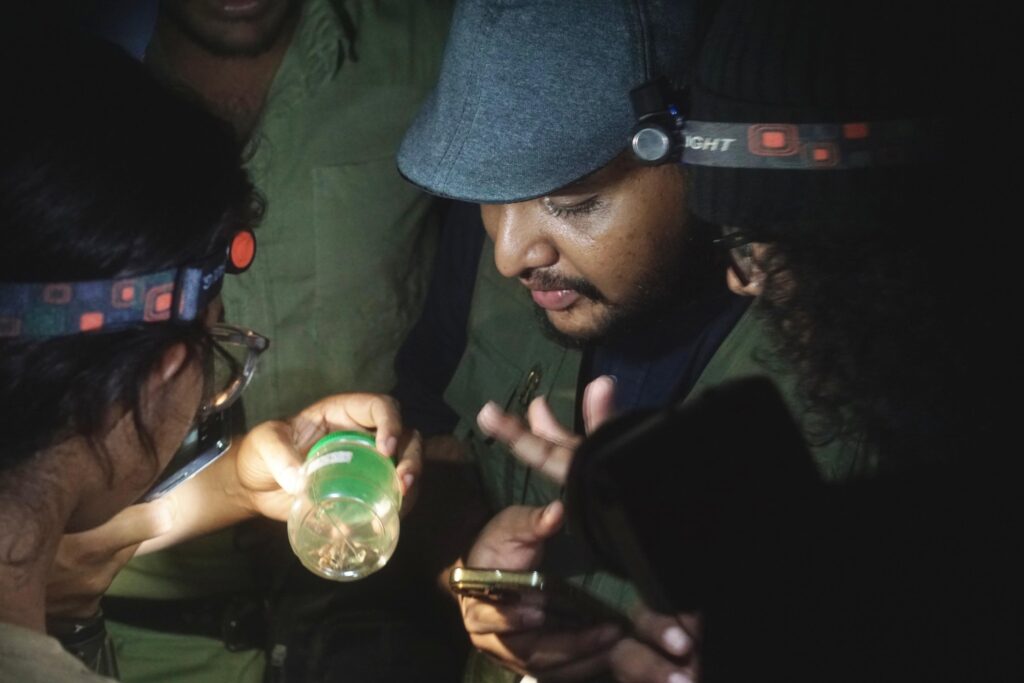Dr. Varuni Gunathilake, Senior Lecturer in Zoology at the University of Sri Jayewardenepura,
also the President of the Sri Lanka Association of Laboratory Animal Science (SLALAS) has
been honored with the Youth Progress Award 2025, jointly presented by the Asia Federation of
Laboratory Animal Science Associations (AFLAS) and the International Council for Laboratory
Animal Science (ICLAS). This prestigious international recognition celebrates Dr. Gunathilake’s
outstanding contributions and commitment to the advancement of laboratory animal science,
ethical research practices, and capacity building in Sri Lanka. Her leadership in promoting
responsible animal-based research, scientific innovation, and education has significantly
strengthened the field at both national and regional levels. This award stands as a well-deserved
recognition of her dedicated service in Sri Lanka and impactful contributions at the international
level.
